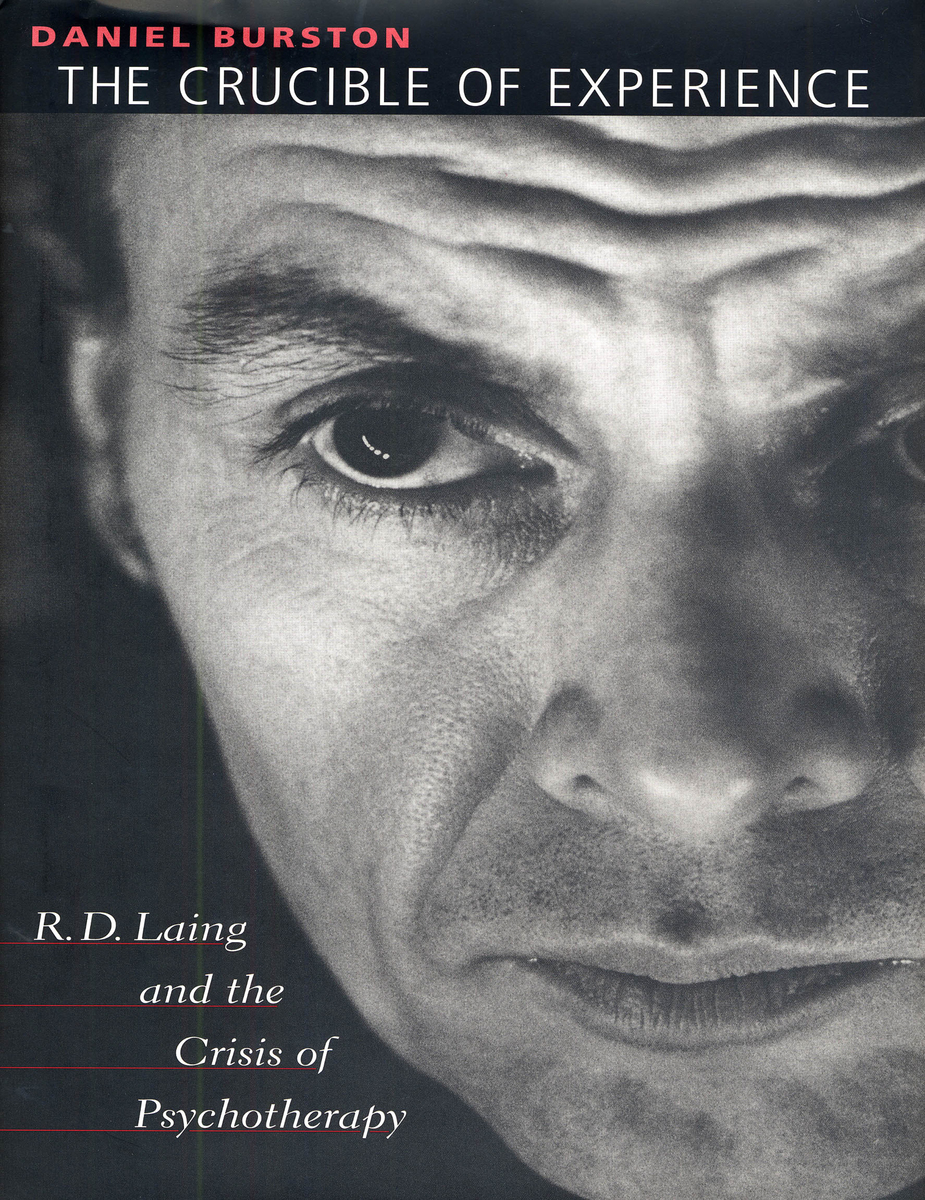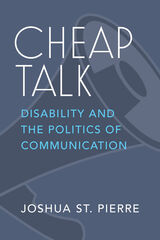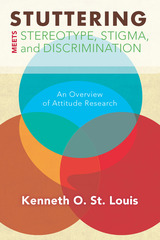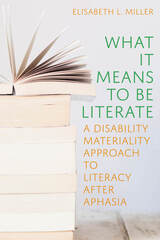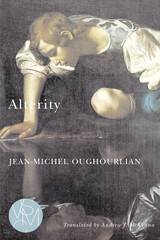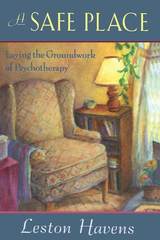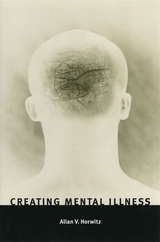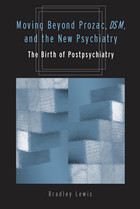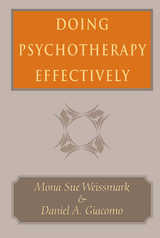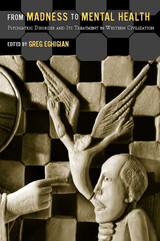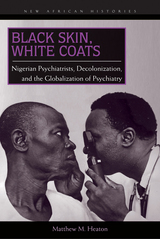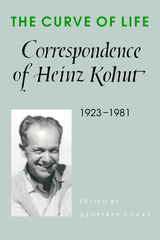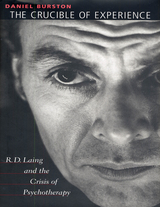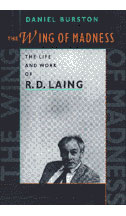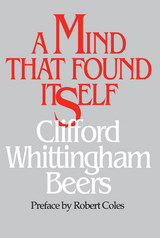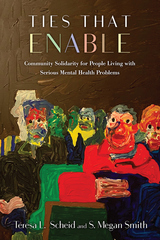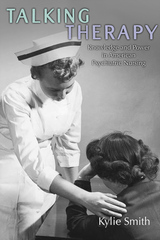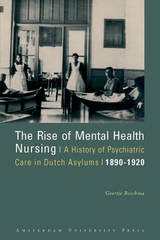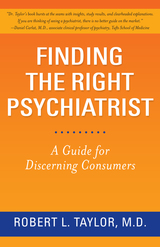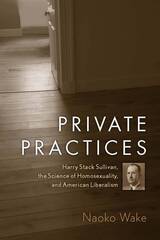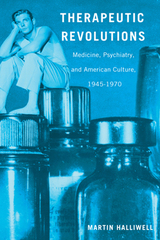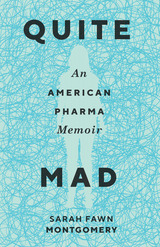Cloth: 978-0-674-00217-3 | eISBN: 978-0-674-27087-9
Library of Congress Classification RC438.6.L34B86 2000
Dewey Decimal Classification 616.891401
One of the great rebels of psychiatry, R. D. Laing challenged prevailing models of madness and the nature and limits of psychiatric authority. In this brief and lucid book, Laing’s widely praised biographer distills the essence of Laing’s vision, which was religious and philosophical as well as psychological.
The Crucible of Experience reveals Laing’s philosophical debts to existentialism and phenomenology in his theories of madness and sanity, family theory and family therapy. Daniel Burston offers the first detailed account of Laing’s practice as a therapist and of his relationships—often contentious—with his friends and sometime disciples. Burston carefully differentiates between Laing and “Laingians,” who were often clearer, more confident, and more simplistic than their teacher.
While he examines Laing’s theories of madness, Burston focuses most provocatively on Laing’s views of sanity and normality and on his recognition, toward the end of his life, of the essential place of holiness in human experience. In a powerful last chapter, Burston shows that Laing foresaw the present commercialization of medicine and asked pointed questions about what the meaning of sanity and the future of psychotherapy in such a world could be. In this, as in other matters, Laing’s questions of a generation ago remain questions for our time.
See other books on: 1927- | 1927-1989 | Crucible | Experience | Psychotherapy
See other titles from Harvard University Press
